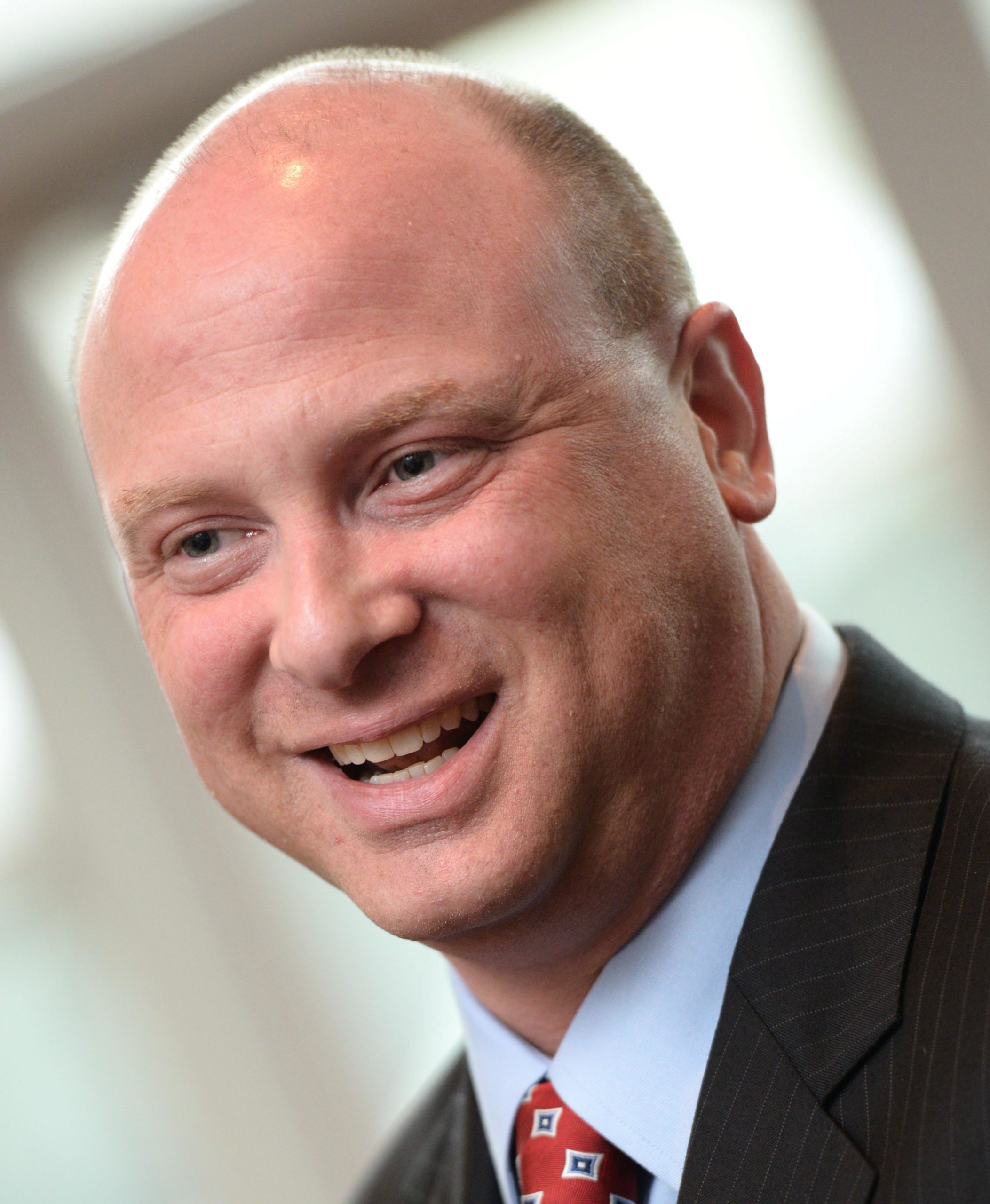Parker Jewish Institute’s comprehensive Diabetes Care Program is based on three fundamental principles: educating patients about how to pursue a healthy lifestyle; teaching patients how to follow a diabetic diet; helping patients comply with strict medication schedules from their physicians.
All these principles come together through a system of interdisciplinary collaboration amongst Parker’s team members, resulting in outcomes well above national statistics.
“What distinguishes Parker’s approach to caring for patients with diabetes, is a formalized, interdisciplinary collaborative system,” stated Michael N. Rosenblut, President and CEO of Parker Jewish Institute. “We have standardized ‘change of shift’ reporting, when Clinical Staff, RNs, Certified Nursing Assistants, Patient Care Technicians and Social Workers, brief their replacements during morning rounds, discussing each patient’s status during the previous night and day,” he added. The latest Electronic Medical Records also allow easy access to patients’ ongoing health histories.
Individualized treatment plans are created, depending on the type of diabetes. Type 2 Diabetes, occurring later in life, is usually managed with oral medications. Type 1 Diabetes, afflicting younger patients from infants to pre-teens, requires insulin supplementation because their bodies have ceased producing insulin. Education is key to each treatment plan’s success.
A person recently diagnosed with diabetes may not be familiar with blood testing. If a rehab patient at Parker is being discharged home, they must be educated to manage blood sugar on their own. The good news is modern diabetes devices and medications have revolutionized self-treatment. Some glucometers are designed for those with visual impairment.
Other user-friendly insulin devices look and work like pens, unlike your standard hypodermic needles. In some cases, injectables and oral doses may only have to be taken once a week.
“Our goal is always self-care and self-management of diabetes,” said Igor Israel, MD, Parker’s Medical Director. “We educate each individual in accordance with their ability. Some have to rely on family members or a care giver, so we teach them as well.” It’s not just checking blood sugar, it’s also learning how to administer insulin; an RN always shows how to properly use a syringe. “They can only be discharged once we feel the patient or care giver is competent enough to draw insulin and inject it safely,” said Susan Costella, RN, Clinical Director of Nursing.
There are other options available, especially for elderly patients at home and unable to care for themselves. Parker At Home is a new program that dispatches Physicians to assist with ongoing management of diabetes. In addition, AgeWell New York, Parker’s affiliate, arranges for Certified Home Health Aides to visit patients at home for better management of their diabetes, as well as other health care concerns.
Some types of diabetes can be controlled with proper diet and exercise alone. Initially, Parker tries non-restrictive diets for newly diagnosed patients, which focus on quality of food and overall nutrition, versus strict glycemic control. “Health and wellness of our patients, and/or residents, is a top priority,” said Joy Licata, RD, MS, CDE, Parker’s Director of Clinical Nutrition.
“Dietary management and meal planning requires that we eliminate simple sugars and focus on complex carbohydrates and smaller portions. We use healthy vegetables and fruits, and special cultural or religious foods for those wanting Kosher, and for Indian Americans who are vegetarians,” Licata added.
Teaching patients how to self-manage diabetes is a critical part of Parker’s program. Parker receives many new admissions that were recently diagnosed with diabetes. This is a life-changing experience for such individuals. The staff at Parker are proficient at teaching that they’ve got to make major lifestyle changes, including diet and self-administration of medication, if they want to get better.
Before leaving Parker, the team always gives discharge instructions to each patient, so they understand their responsibilities. Parker always suggests seeing a community physician a week after discharge, to review their instructions. Of course, some patients will need follow-up with specialists, i.e., an Endocrinologist, Cardiologist, Ophthalmologist and Podiatrist.
The ultimate goal of Parker’s interdisciplinary team approach is to properly manage patients with diabetes. It takes all team members working together, to create an effective plan for each patient. Each discipline conducts their individual assessments of patients and residents. From those assessments, they collaborate on a plan of care with person-centered goals, one that each and every patient can achieve.
Parker conducts diabetes outreach events each year in the community, and also at their New Hyde Park headquarters, located next to Long Island Jewish Hospital right off Lakeville Road. The next Diabetes Health Fair at Parker is on Wednesday, November 7, 2018, 11:30 to 3:30 p.m. Susan Costella, RN, and Joy Licata, RD, MS, CDE, will be there with other team members to answer your questions. The public is welcome to attend.
Contact: Lina Scacco, (718) 289-2212, or lscacco@parkerinstitute.org.



